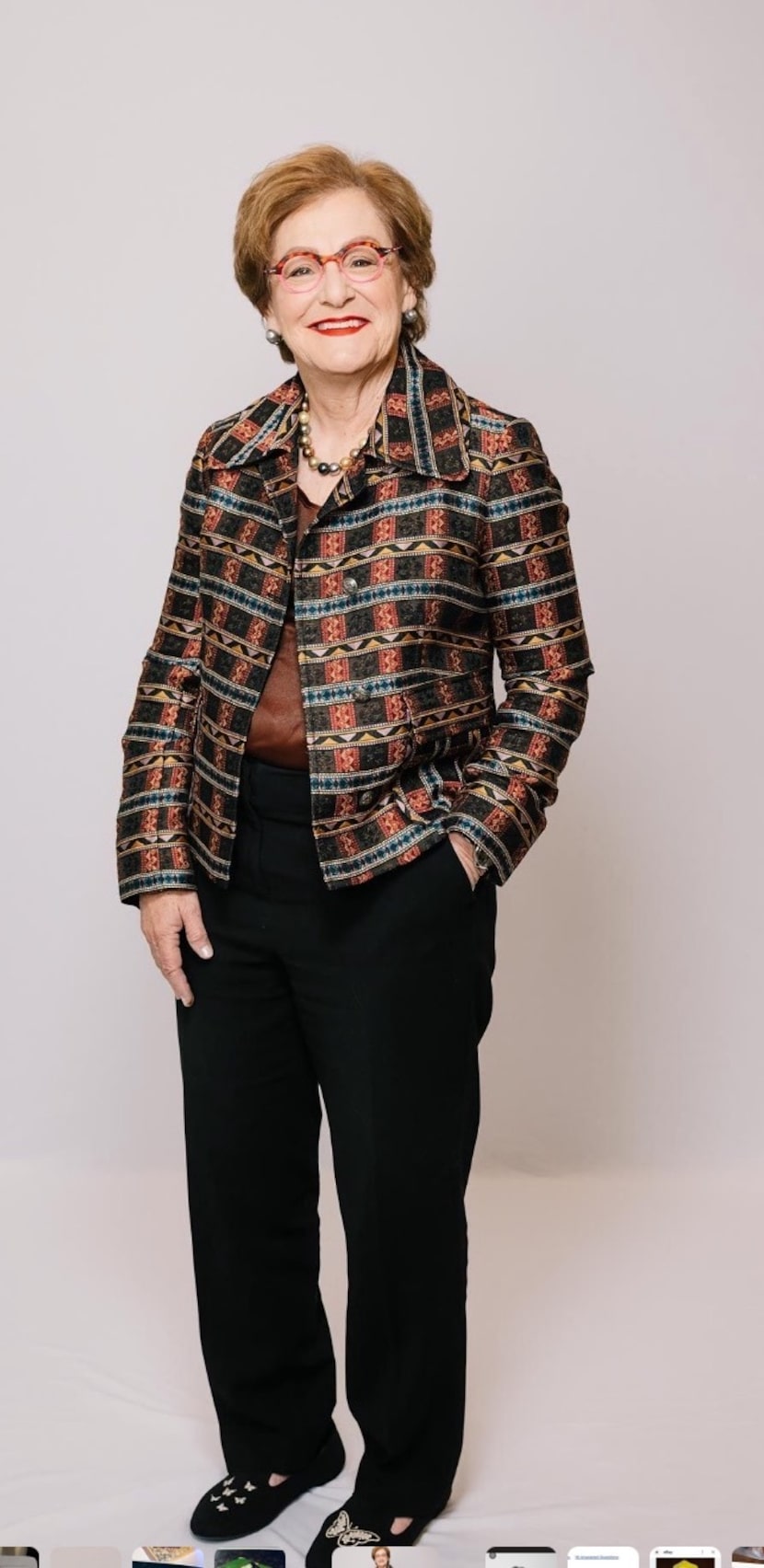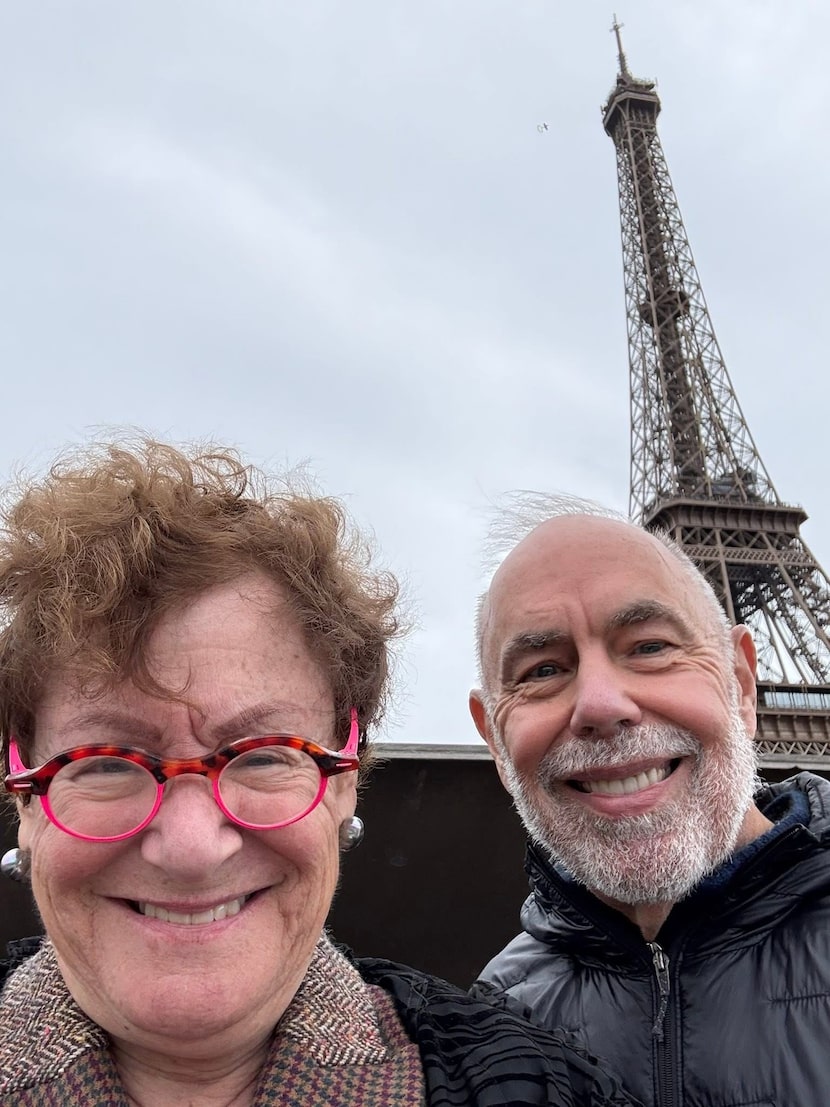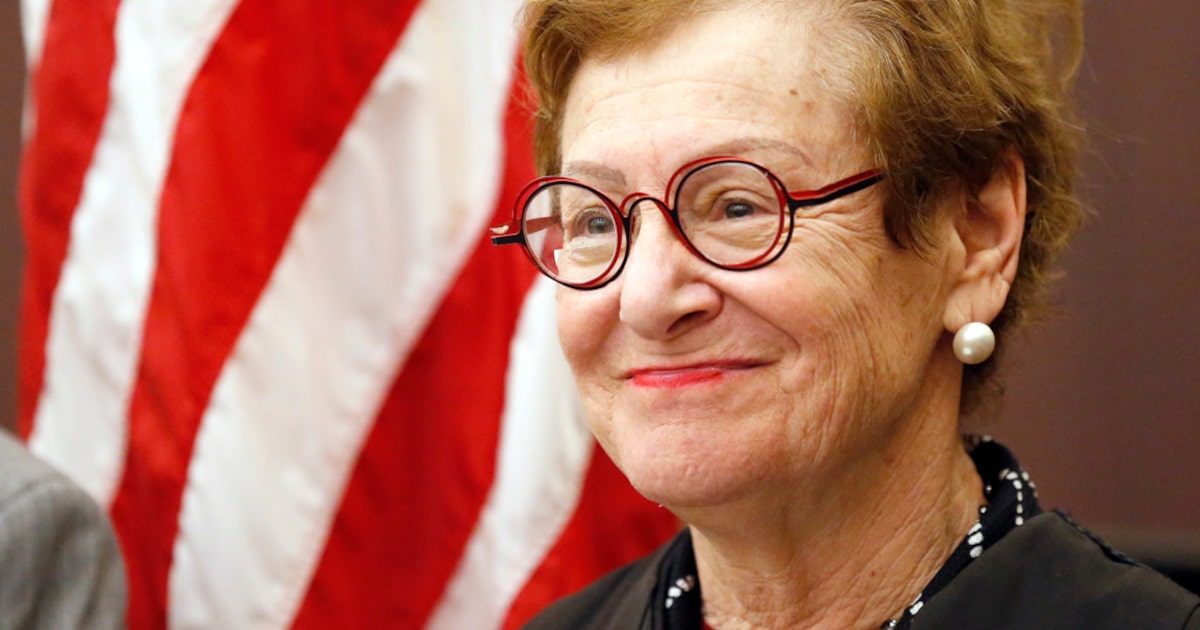In 2016, Dallas attorney Barbara Lynn made history as the first woman to serve as Chief Judge of the United States District Court for the Northern District of Texas. She was appointed to the court in 1999 by then-President Bill Clinton, succeeding the legendary federal jurist Harold “Barefoot” Sanders. She was also the first female chief judge of any federal district court in Texas.
In 2022, Lynn moved into a role of senior judge and retired in August after 25½ years on the bench.
After a much-needed vacation with her husband, Lynn became a partner with Lynn Pinker Hurst & Schwegmann LLP, the Dallas-based litigation firm founded by her husband, Mike Lynn, 32 years ago.
Here are her recollections and a look at what’s on her docket.
You spent half of your legal career — a third of your life — as one of the most powerful federal judges in Texas. What are you most proud of?
Business Briefing
I administered justice fairly across the board. I didn’t show my politics in my decision-making. I worked hard and achieved justice.
Your nomination was pending for almost a year. Tell me about your unusual celebration party when you were finally confirmed.
My girlfriends had a little luncheon for me at The Mansion on Turtle Creek. They brought ‘gavel equivalents’: a mallet, a meat tenderizer, a big fake rubber gavel like a clown would use — all kinds of things like that. Some wore bathrobes. They also gave me funny gifts like a fake news story that posed the question, “What is Judge Lynn wearing under her robe?”
What was your toughest case?
All of the City Hall-directed cases were hard, because I have such great respect for public servants, who need to be dedicated, diligent and honest. Sometimes they weren’t, and that was obviously very disappointing. I was the presiding judge in the bribery and money laundering case [of former Dallas Mayor Pro-Tempore] Don Hill and his wife [Sheila Farrington Hill]. I considered it a betrayal to our city.
In terms of sentencing, the toughest case I ever had was the [2010] sentencing of Husein Smadi, who was caught in a sting operation by an undercover FBI agent the year before. He drove a truck into the parking garage of [the 60-story] Fountain Place in downtown — the office building with the pointy top that looks like a rocket ship — fully intending to blow it up and kill thousands of people like in 9/11. It would have been horrific if that had been a real bomb.
You could have given Smadi up to 30 years for pleading guilty to one count of attempted use of a weapon of mass destruction, but you opted for a lesser sentence of 24 years in prison. Why?
He was young and there was very substantial evidence that led me to reduce it to a slight degree. A history of mental illness. A cascade of abuse. I could talk to you for a half-hour about all of the events that were part of his extraordinarily horrible life history. I gave him the sentence he deserved.
And it really taught me a lesson. The crime was horrible, but the job of a good judge is to listen and weigh the evidence. That’s what I did. It would have come out differently had I not done that.

Corporate photo of Barbara Lynn, partner Lynn Pinker Hurst & Schwegmann
Courtesy Lynn Pinker Hurst & Sch
What won’t you miss about being on the bench?
Sending people to prison. It’s really hard, even when they deserve it. It weighs on you. You can’t read someone’s mind. You can’t see the future or know if they will be rehabilitated. What about the victims? What about the families of the offender?
It’s complicated guesswork. You have to educate yourself and do the best you can. There’s no real science to it.
What is your focus in this next career chapter?
To start out, mediation/arbitration because that’s part of what judges do on the bench. I’m attending the Harvard mediation training program next month.
I’d really like to do trial consulting and strategy with lawyers, including lawyers outside the firm to help them get a case ready, do mock cases, and see how that would play out before a judge or a jury. I’m going to look at it from a judge’s perspective.
I’m doing internal corporate and government investigations.
How did you and Mike meet?
We met in college at the University of Virginia in 1970. I was in the first class of women admitted to the college, and Mike had been there for two years. There were 350 women students, and Mike was a dating machine, making up for lost time. He’d already made his rounds when he got to me. We were married three years later.

Retired Judge Barbara Lynn with her husband, Mike, during a recent trip to Paris.
selfie
Will you and Mike pair up in the courtroom?
I don’t think I’ll be trying any cases with Mike — I’d never say never. But I’ll probably work with him on prepping cases before a trial or hearing. He’s very creative in his courtroom approach, and that’ll be a lot of fun.
You were making roughly $250,000 a year when you left the bench. What’s your going rate now?
My hourly rate is $2,500. I’m charging $25,000 to $30,000 for a mediation.
Now that you’re retired and can express your opinions, what’s your take on what’s happening with the Supreme Court?
The Supreme Court is obviously a more conservative institution because of the justices appointed by the President combined with three other conservative justices — two particularly conservative [Clarence] Thomas and [Samuel] Alito.
The President gets to pick the court. That’s the rule, and you have to respect that. You can’t oppose a potential candidate for the court just because you don’t share their political orientation.
But I’m very concerned about the shadow docket which is allowing the conservatives to often rule with the President without issuing its reasoning or an opinion. It makes it very difficult for trial judges to know what the law is when they consider the next case.
Take this issue that’s being called racial profiling by the press. The trial judge and the appellate court — the 9th Circuit in this case — both felt that it was discriminatory and violated equal protection.
But when the Supreme Court says that it didn’t without giving an opinion, that doesn’t help trial judges with what the law will be in the next case. I’m concerned with decision-making without a full briefing.
To his credit, Judge [Brett] Kavanaugh wrote a 10-page opinion explaining his vote. But there were five other [conservative] justices, and whether they share that view as the basis for their decisions, you just don’t know.
This is a modern phenomenon that used to happen rarely, and now it’s happening with great frequency. And that’s not good.
I’ve recently joined the Article III Coalition, a group of retired federal judges appointed by Democrats and Republicans who are speaking out for judicial independence. Federal judges in general cannot defend themselves in the press. It’s good that this group can speak and explain on a national basis.
What will you miss about being a judge?
The flip answer is that I will miss the extraordinary flattery — which is probably 90% insincere. How funny you are. How thin you look. That sort of thing. But, hey, sincerity is overrated on a tough day.
The real answer is that I’ll miss the great lawyering. I’m sure I’ll see great lawyering here at the firm. But on a day-to-day basis to see great lawyers in court argue to either me or to the jury, that was a treat that never got old.
 Trump administration ordered to fund SNAP payments during the shutdown
Trump administration ordered to fund SNAP payments during the shutdown
Judges order the Trump administration to use contingency funds for SNAP payments as states, food banks and SNAP recipients scramble to keep people fed
 Arguments in Gateway Church defamation hearing hinge on religious liberty doctrine
Arguments in Gateway Church defamation hearing hinge on religious liberty doctrine
The First Amendment should prevent Cindy Clemishire’s claims against Gateway Church from moving forward, church’s lawyer argues.
